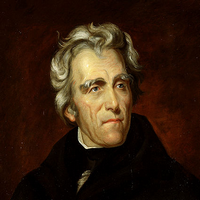A great deal of ink has been spilled on the domestic trajectory of the "Tea Party" movement, which is demonstrating its growing clout within the ranks of the Republican party and could end up playing a decisive factor in the 2010 midterm congressional elections. But less attention has been given to the foreign policy implications of the Tea Party's possible ascendancy.
Even if the Republicans take back control of both houses of Congress this fall, the Tea Party is unlikely to play a major role in shaping U.S. foreign policy. However, its perspective will shape popular perception, and its counsel will be taken into account in framing the U.S. approach to the world -- not only by the G.O.P. but also within the Obama administration itself. After all, the Republican victory in the 1994 midterm elections had an impact on how then-President Bill Clinton and his administration dealt with foreign policy, especially in the run-up to the 1996 elections.
Using Walter Russell Mead's famous taxonomy of U.S. foreign policy positions, Tea Partiers would appear to be Jacksonians: populists at home who are distrustful of international institutions that seem to be beyond popular control and supervision. They want to see American engagement overseas provide concrete benefits to the country, and are willing to use decisive, overwhelming force to protect vital national interests. Global institutions such as the United Nations are seen as constraining America's freedom of action to use military force to defend and advance America's position. To the extent that they also allow hostile and threatening regimes to hide behind the protection of arcane international laws, and "waste" hard-earned U.S. tax dollars on ineffective programs or corrupt bureaucracies, these institutions are to be bypassed or otherwise dispensed with. Not surprisingly, the Tea Party movement looks with a great deal of suspicion at the Obama administration's stated goal of fostering a "new global architecture that could help nations come together as partners to solve shared problems" -- seeing this as code for subordinating American sovereignty to unaccountable international institutions.

